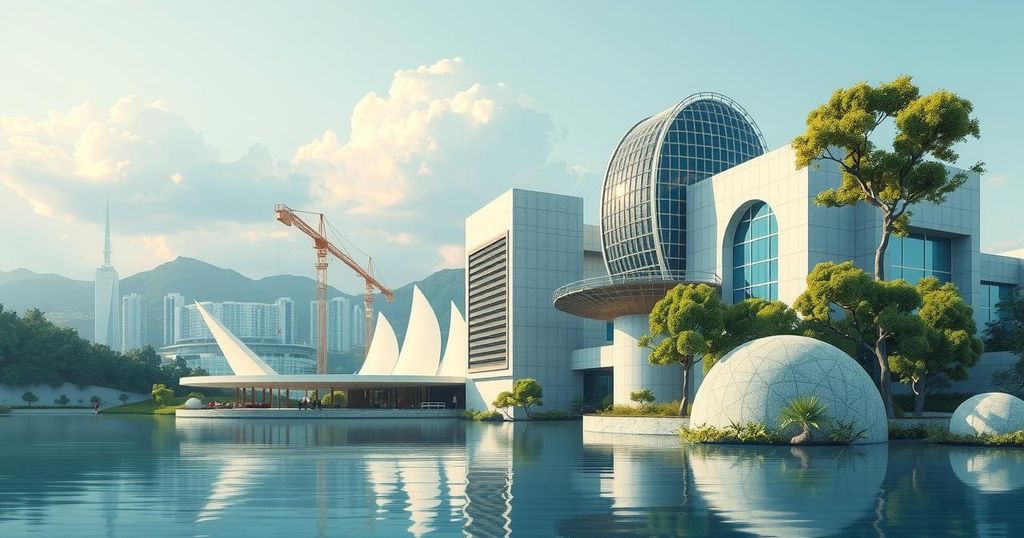The article discusses the potential necessity of adopting federalism in Syria to foster national healing and reconstruction. Interim President Ahmed al-Sharaa’s pursuit of a centralized system contrasts with Syria’s fractured reality, where diverse factions and sectarian loyalties dominate. Effective governance may require true decentralization to address resource allocation and promote stability in a post-war context.
Rebuilding Syria may necessitate a shift towards a federal structure to promote healing and reconstruction following a long and devastating civil war. Interim President Ahmed al-Sharaa leads a fractured nation, predominantly influenced by tribal and sectarian allegiances. Although he rejects federalism and seeks to establish a centralized regime, a more decentralized governance approach could facilitate national reconciliation.
Sharaa’s interim government mainly governs parts of western Syria but faces challenges from various factions, including the Kurdish-led Syrian Democratic Forces (SDF) and the pro-Turkish Syrian National Army (SNA). These dynamics complicate Sharaa’s ambition to unify disparate groups and assert his authority effectively. Notably, Alawites, who have historically supported the Assad regime, remain skeptical of Sharaa’s leadership.
The historical backdrop of Syria’s civil war has resulted in a localized governance system, where many political and military structures are rooted in regional identities rather than a national framework. While previously fragmented groups, like Hayat Tahrir al-Sham (HTS), serve as the backbone of Sharaa’s administration, his centralized strategy clashes with contemporary Syria’s realities.
Political patronage and personal loyalties currently dominate Syria’s political landscape, but such a model may prove inadequate for a nation with diverse needs and aspirations. Bashar al-Assad’s prior attempts at administrative decentralization highlighted the dangers of ineffective governance, ultimately leading to civil war.
Should Sharaa be earnest in moving away from Assad’s legacy, genuine decentralization through federalism is a necessity. The international community emphasizes inclusive governance as essential for a sustainable political future, yet achieving this under a concentrated power structure is implausible.
The formation of autonomous regional zones could address Syria’s diverse sectarian landscape, yet significant challenges remain regarding resource allocation among local governments. Managing valuable resources, including oil and water, necessitates a collaborative approach to ensure equitable sharing while preventing central monopolization.
To rebuild and stabilize Syria, a federal governance model must encompass all parties, allowing regional leaders sufficient control to flourish independently and cohesively. Without such adjustments, Syria risks perpetual instability and conflict, further fracturing society and delaying essential recovery efforts.
In summary, for Syria to effectively rebuild and heal from its civil war, there may be an urgent need for federalism that accommodates local governance and diverse populations. President Sharaa’s inclination towards a centralized system may conflict with the realities on the ground, where tribal and sectarian loyalties dominate. Establishing a federal framework could enhance national reconciliation and equitable resource distribution, presenting a path towards sustainable stability.
Original Source: www.washingtoninstitute.org




